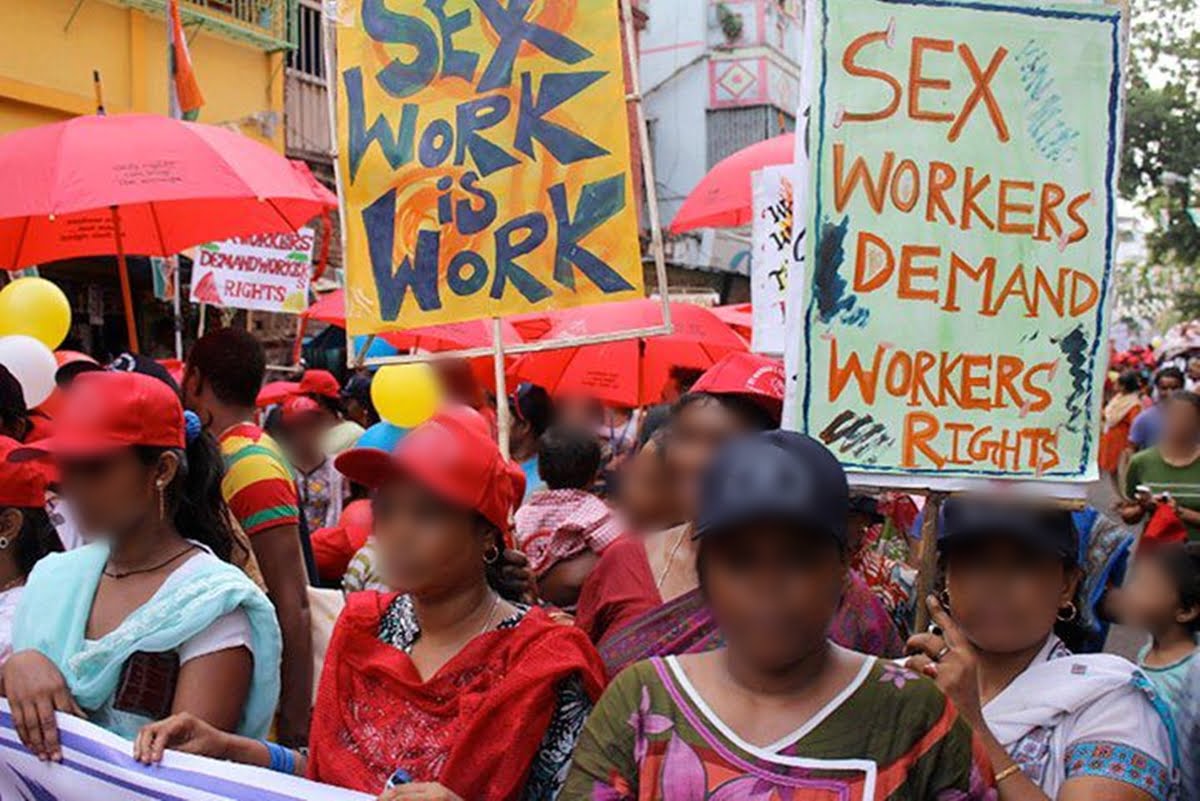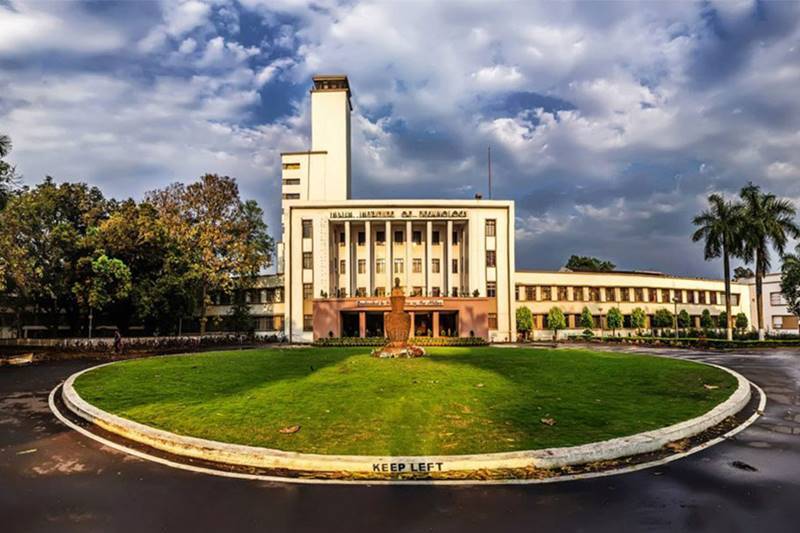For those of you who are not acquainted with the nooks and crannies of Kolkata, Bowbazar is one of the most congested yet divergent areas in Central Kolkata, acquiring its charms from the claustrophobic high population density, close proximity of wealthy and vagrant, footpaths and streets filled with food stalls and afternoons and evenings filled with raucous laughter of small clusters of people in the benches of neighborhood tea stalls or junctions of lanes and alleys.
However, that also entails the blending of the red light area with my own neighborhood in Bowbazar, where children are taught to avoid “that part” of the locality and those with insatiable curiosity are shushed. Despite the evasive answers from my parents, or perhaps because of them, while growing up, my eternally curious and rebellious self always paid extra attention from my windows and balconies whenever women with tight colorful clothing and gaudy makeup from “that part” of our locality passed by our home and loitered in the vicinity.

Eventually I started taking “that street” to travel instead of other ones to figure out what all these hush-hush and side glances with disgust and condescension were about. However, until now I had not taken the advantage of my residence in close proximity to the red light area for initiating some intimate conversation with one of the sex workers, retired, in this scenario.
Also read: What Does Social Distancing Hold For Sex Workers And Their Future?
My first impression after getting out of a long solitary confinement of lockdown one evening and loitering about to talk to some of the sex workers who lived there was, my god, the area looks nearly deserted. Previously you had to move around people and had to shout to be heard over the humming and bargaining between the workers and the customers. But the repeated lockdowns and night curfews have stripped the sex workers of their income because of the baton-charges, close vigilance, threats and arrests of the men venturing there. The old or retired workers, unable to provide rents due to little or no income have mostly vacated and left for the houses of their relatives.
One of the residing women, who took me to her room in order to prevent the few men loitering around to mistake me as a “girl of line” and ask my price, has retired from sex work almost a decade ago and has been living as a tenant for more than 30 years. Yet she brought up her religious identity and past profession as a sex worker in our conversation even before she mentioned her name. Jameela (name is changed), a Muslim widow over the age of 60, left East Midnapore with her elderly neighbor in search of work in Kolkata when her abusive father turned increasingly violent and she, as a young widow, could no longer provide for her two living children. Married by the age of 12-13 to a mason and widowed while 5 months pregnant before 20, as a mother of five daughters, she found it extremely difficult to find respectable employment without any formal education and so many mouths to feed.
Jameela (name is changed), a Muslim widow over the age of 60, left East Midnapore with her elderly neighbor in search of work in Kolkata when her abusive father turned increasingly violent and she, as a young widow, could no longer provide for her two living children.
While talking about her relationship with her father, her eyes got misty over the old wound of repeated abuse, which included beating and starvation. With no memory of her prematurely dead mother and growing up with another 10 siblings and half-siblings, 4 from her father’s other marriage, she reminded me frequently throughout our conversation how lucky I am to have a mother at home who cooks for me and a father who takes care of me in a way a father is supposed care for his daughter.
When we proceeded to talk about her children, still misty eyed from telling me about the premature death of her four daughters, her comment that it’s a good thing that God has taken four of her children gave me a momentary pause and slack-jaw. Still traumatised from so many deaths in her life, she said that she never would have been able to provide for so many children and yet she did not have the means or access to abortion at that time. It is a good thing, she commented, that the sex workers now religiously use condoms and have the option to abort unwanted pregnancy.
Also read: Why Muslim Sex Workers In Kolkata Change Their Religious Identity
She spoke about her experience as a Muslim in a primarily Hindu locality, wherein she faced discrimination and lack of cooperation from her neighbors while raising her daughters. She was compelled to keep the elder one under the supervision of her closest neighbor back in the village, Dharma didi, who also happened to be a Hindu. The younger one, while staying here with her, though stayed in school till class 5-6, came under the “grip of a Hindu boy with bad intention” and their budding romance had to be wiped out by beating and her eventual marriage.
To make me understand it better she asked me if my parents also would not drive me out of home in case of a relationship with a Muslim boy. Yet at that moment I was thinking what precisely will cause my parents to give me the benefit of doubt and probably the eventual support in case I, a woman from an educated Hindu lower-middle class family, fall in love with a Muslim boy? Is it going to be their high formal education or their liberal attitude formed because of their perspective? Or is it going to be the financial stability of their life since birth which has provided them as well as me the platform to choose?
Just like my parents, Jameela also wanted her daughters to learn and stand on their own feet and regretted marrying them off as teenagers. “Staying in a bad neighborhood and working in a profession like ours is curse enough, moreover, women grow quicker than weeds. How am I supposed to look after them while working all day when the entire locality is looking at them with bad intentions?”
Just like my parents, Jameela also wanted her daughters to learn and stand on their own feet and regretted marrying them off as teenagers. “Staying in a bad neighborhood and working in a profession like ours is curse enough, moreover, women grow quicker than weeds. How am I supposed to look after them while working all day when the entire locality is looking at them with bad intentions?”
While she was saying that no mother wants her daughters to be looked at with “evil eye”, it made me think about how the definition and the cause of “evil eye” vary from mother to mother. According to my mother, wearing clothing resembling “those women” is unacceptable because those will get me the “evil stares”.
Jameela thinks that staying with a mother who is a “woman of line” in a bad locality as unmarried and continuing formal education will get her daughters the “evil eye”. Her sons-in-law rarely allow her daughters to visit her and never allow them to stay over. To her, this is quite acceptable and she even praised her sons-in-law for taking such good care of her daughters.
On my way back home, I thought, is it a good thing that there are no physical spatial boundaries between the red light area and ordinary neighborhood here? How much does this close proximity carry the common condemnation towards sex work on to the sex workers themselves? Do they perceive themselves as “bad” or “dirty” because of the stigma and shame around sex work or do these diminish through generations and according to locations? How do the so-called “decent” families shape their ideas of good and bad? Are these ideals formed from the tendency to dichotomise and dissociate themselves from the perceived threat to “decency”?
Has the close proximity and interaction between these two communities bound together spatially, in fact created a stark contrast, cultural distancing and deepening of social boundaries? Does the proximity do more harm than good? Talking to Jameela has taught me to ask these questions, the definitive answers of which I am yet to figure out.
Evia Ballav is a postgraduate student of History in Jawaharlal Nehru University. You can reach her at eviaballav1@gmail.com.
Featured image source: Bitch Media




